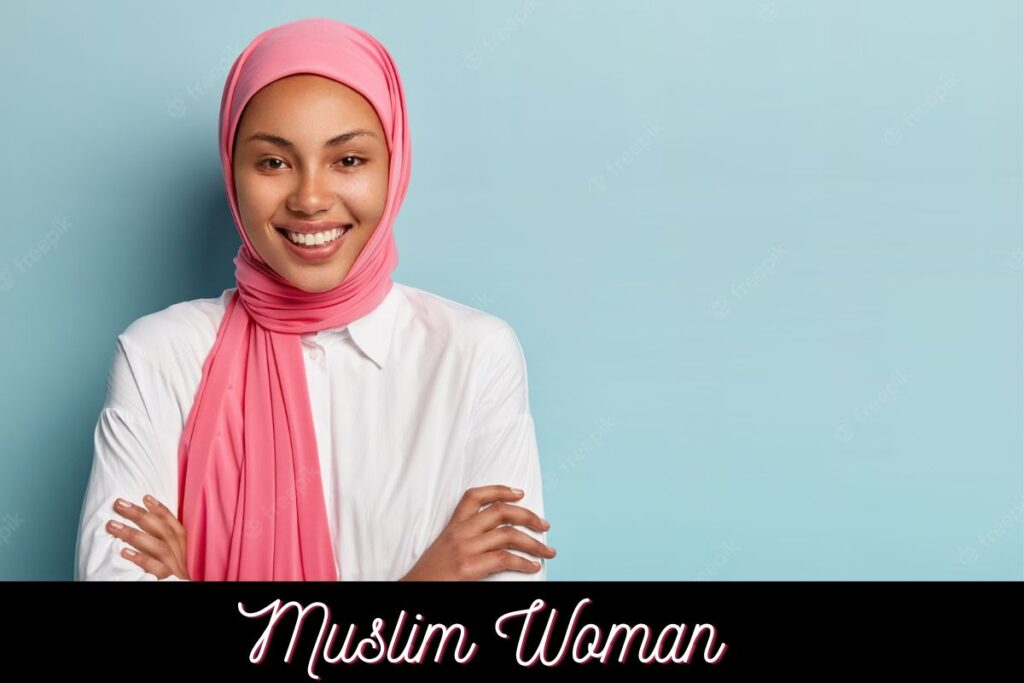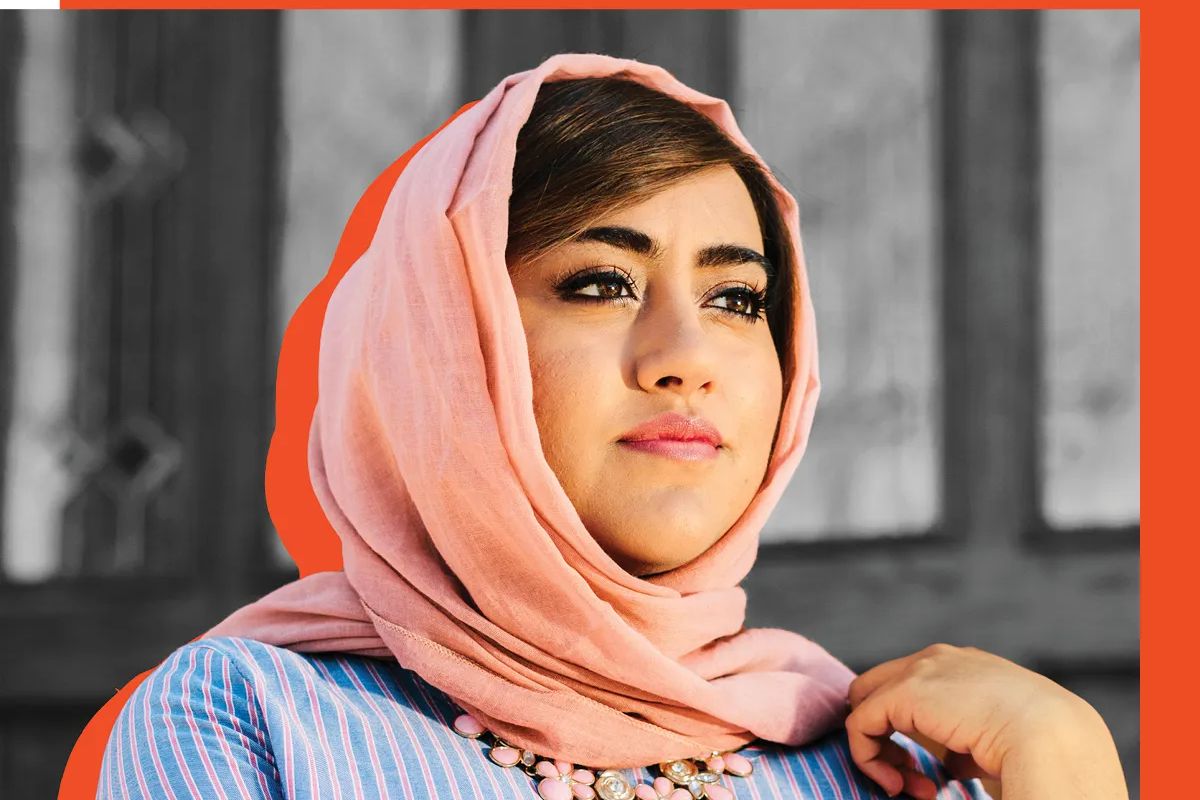Angry by Western prejudices that label Muslim women as “submissive” and judge them based on their religious garb, a feminist writer compiled the essays of 17 Muslim women, including herself, whose lives show otherwise.
Mental health, LGBT identity, divorce, feminism, and the hijab are all topics covered in the anthology “It’s Not About the Burqa,” edited by Mariam Khan. The contributors are activists, journalists, and scholars based in Britain.
Khan, speaking to the Thomson Reuters Foundation via phone from England on Wednesday, said, “Burqa is the most politicized phrase around Muslim women.”
“Many Westerners’ first impressions of Muslim women are of the burqa and hijab; this is not an issue in and of itself, but there is so much more to a Muslim woman than the clothes she wears… I hope to provide them a variety of experiences in their tales.”
The burqa is a full-body garment that either includes a mesh covering for the face or is worn in addition to the niqab, a veil that covers the entire face except for the eyes.
There was a backlash against the robe in Britain after former Foreign Secretary Boris Johnson made comments about how it was repressive, absurd, and made women seem like letter boxes and bank robbers.
“Muslim female narratives are often co-opted by everyone who isn’t a Muslim,” Khan said. “Rarely will you hear truly, or in an unfiltered way, from Muslim women, and it is incredibly unfair.”
Full-face veils, such as niqabs and burqas, are divisive in Europe, with some believing that they represent discrimination against women and should be banned. The French and the Danes prohibited the garments.
Khan, who is 26, and who wears a hijab (a head covering) also contributes an essay to the collection. She explained in the essay why traditional “white feminism” was incompatible with her religious convictions.
“Some Western feminists may find (the hijab) oppressive, but as a woman who chooses to wear one, I feel anything but enslaved. It gives me confidence because I choose to wear it “in her words
Egyptian-American activist Mona Eltahawy is included in the book as well; she discusses misogyny within the Muslim community and how she continues to fight for women’s rights. The book is set to be released on Thursday.
Saima Mir, a former BBC journalist, and contributor discussed her experiences with divorce twice and the stigma that exists against divorce in Muslim Pakistani society. In her essay, she probes the cultural justifications for the terrible stigma attached to divorce.
Khan says she wrote the book so that people can realize that Muslim women do not fall under a “monolithic, single story narrative,” and that their stories and perspectives on Islam should be heard.
Stay here and collect more information follow our site serveupdate.com and get all the latest news.



